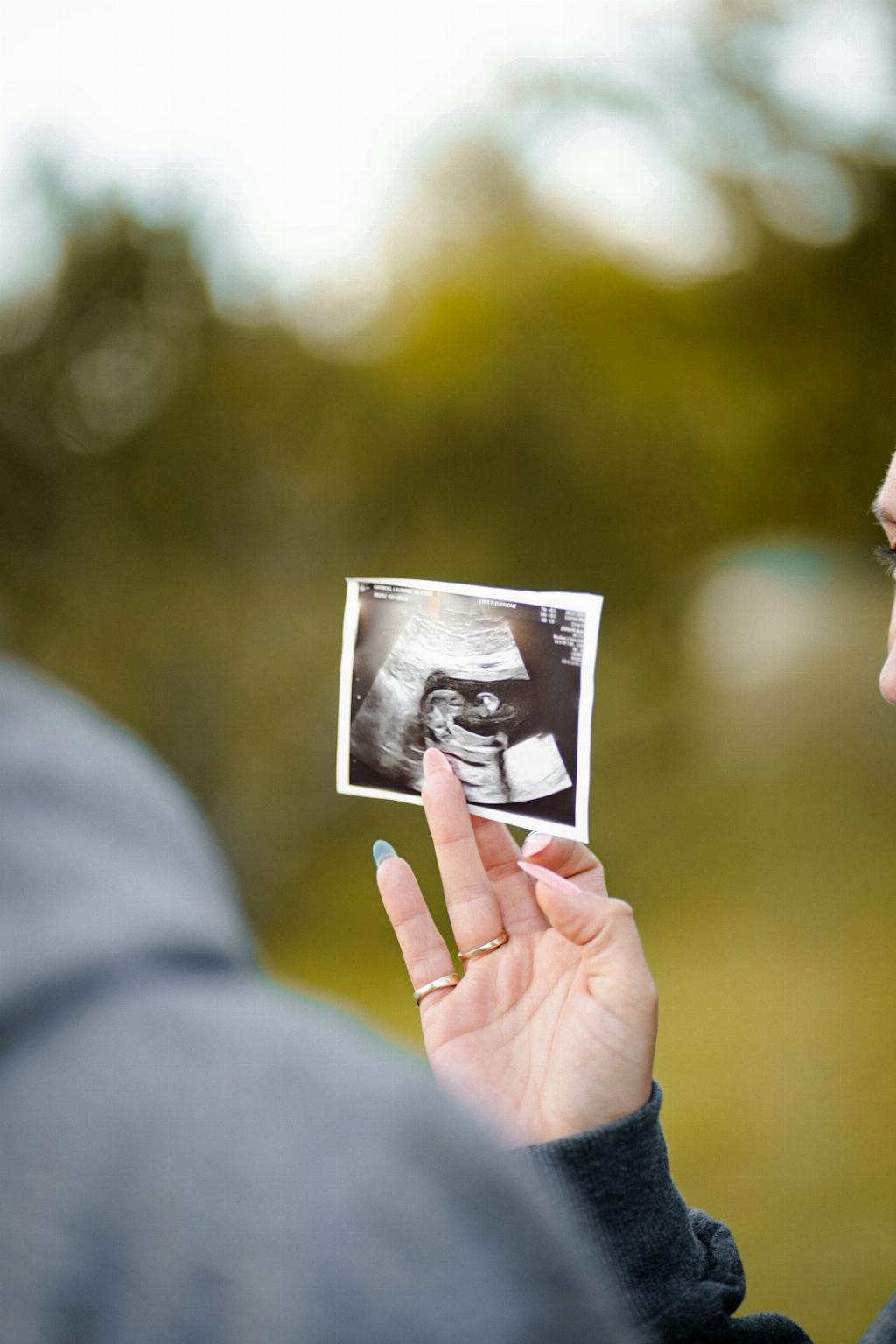Many pregnant women experience itching at some point during their pregnancy. Itching is a common symptom that can be caused by a variety of factors, such as hormonal changes, stretching skin, and increased blood flow to the skin. While mild itching is usually not a cause for concern, it is essential to pay attention to any changes in your symptoms.
Potential Causes of Itching
Itching during pregnancy can be attributed to a range of factors, including dry skin, hormonal changes, and liver conditions such as intrahepatic cholestasis of pregnancy (ICP). ICP is a liver disorder that can cause severe itching, particularly on the palms of the hands and soles of the feet. If you are experiencing intense itching, especially in these areas, it is crucial to seek medical advice promptly.
Effects of Itching on the Baby
While mild itching is usually harmless to both you and your baby, persistent or severe itching could be a sign of a more serious underlying condition that may affect the baby. In cases of ICP, for example, the bile flow in the liver may be affected, which can lead to complications for the baby, such as premature birth or fetal distress. Therefore, it is vital to monitor and address any itching that is out of the ordinary during pregnancy.
When to Seek Medical Advice
If you are experiencing itching that is severe, persistent, or localized to specific areas, it is essential to consult your healthcare provider. They can assess your symptoms, conduct any necessary tests, and provide appropriate treatment to manage the itching and safeguard the health of both you and your baby.
Management Strategies
There are various strategies you can employ to alleviate itching during pregnancy, such as keeping your skin moisturized, wearing loose-fitting clothing, and avoiding hot showers. Your healthcare provider may also recommend specific creams or medications to help control the itching and prevent any potential complications.
Monitoring Your Symptoms
It is crucial to keep track of your itching symptoms and any changes in their intensity or frequency. By monitoring your symptoms closely, you can provide valuable information to your healthcare provider, who can then make informed decisions about your care and the wellbeing of your baby.
Importance of Communication
Open and honest communication with your healthcare provider is key when addressing itching during pregnancy. By sharing your symptoms and concerns openly, you enable your provider to offer you the best possible care and advice tailored to your unique situation.
Preventive Measures
While not all cases of itching during pregnancy can be prevented, there are steps you can take to minimize the risk of developing severe itching or complications. These may include maintaining a healthy diet, staying hydrated, and following your provider’s recommendations for prenatal care.
Emotional Wellbeing
Coping with itching during pregnancy can be emotionally challenging, particularly if the symptoms are severe or persistent. It is essential to prioritize your emotional wellbeing and seek support from loved ones, healthcare providers, or online communities to navigate this aspect of your pregnancy journey.
Conclusion
In conclusion, itching during pregnancy is a common symptom that can have various causes, ranging from benign to more serious conditions. While mild itching is generally not harmful to your baby, it is crucial to pay attention to any changes in your symptoms and seek medical advice if you experience severe or persistent itching. By staying informed, communicating openly with your healthcare provider, and actively managing your symptoms, you can ensure the best possible outcomes for both you and your baby during this crucial time.

